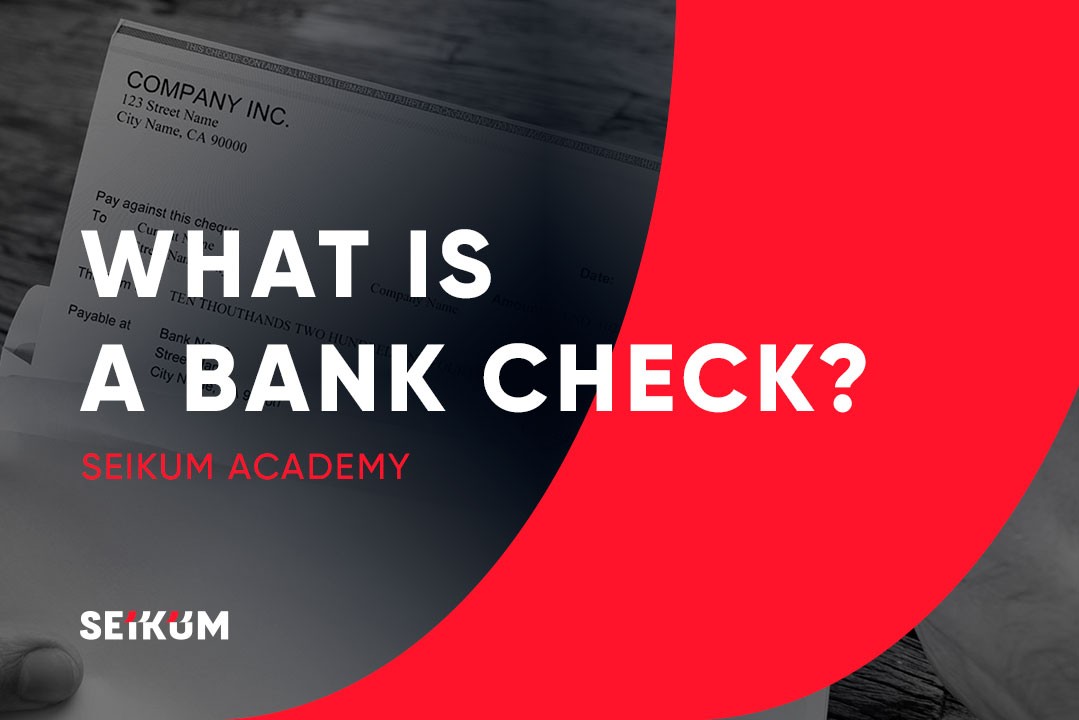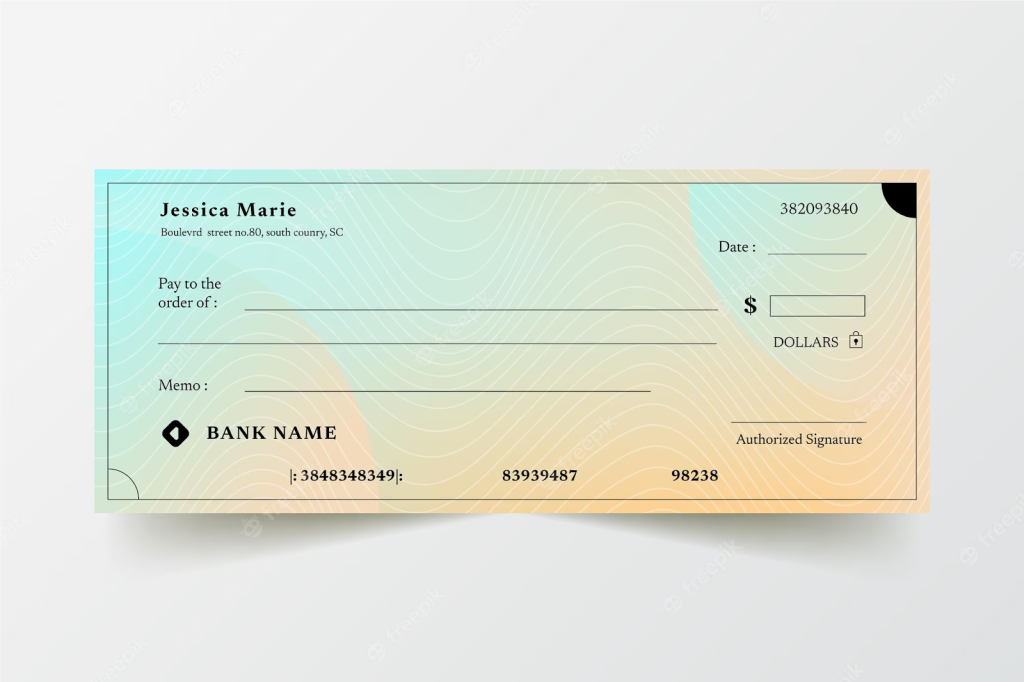What is a Bank Check? A Beginner’s Guide to Financial Security


Demystifying the Bank Check: A Beginner’s Guide to Financial Security
In today’s world, where online transactions and digital payments dominate the financial landscape, the venerable bank check may seem like a relic of the past. However, this traditional method of transferring funds still plays a crucial role in various financial transactions. So, what exactly is a bank check, and why should you care? Let’s dive in and demystify this paper-based instrument of trust and security.

Understanding the Basics
At its core, a bank check is a written order from a depositor to a bank, instructing the institution to pay a specified amount of money to a designated recipient. It acts as a tangible representation of your funds, allowing you to transfer them to another person or entity without the need for cash. Often referred to as a “check” or a “cheque” in some parts of the world, it serves as a legally binding financial instrument.
The Check’s Anatomy
A bank check typically consists of various essential elements. The first is the name of the financial institution issuing the check, usually displayed prominently at the top. Beneath it, you will find the words “Pay to the Order of,” followed by the recipient’s name. Next comes the numerical and written representation of the check’s value, ensuring clarity and precision. Now that we’ve dissected the bank check’s anatomy, let’s explore the reasons why it continues to hold relevance in today’s digital age.
Ensuring Security
In a world increasingly susceptible to online fraud and cyber threats, bank checks provide an additional layer of security. Unlike electronic transactions, which can be vulnerable to hacking and unauthorized access, a physical check requires the recipient’s endorsement and subsequent verification by the bank. This verification process helps protect against fraudulent activities, offering peace of mind to both parties involved.
Flexibility and Accessibility
Another advantage of bank checks is their versatility and accessibility. Unlike certain digital payment methods that may require a specific technological infrastructure or internet connectivity, bank checks can be used by anyone with a bank account, regardless of their location or technological proficiency. It allows for wider financial inclusion, making it a suitable option for individuals who may not have access to digital banking services. Now that we’ve explored the benefits of using bank checks, let’s address some common concerns and offer a few practical tips for utilizing them effectively.
Ensuring Validity and Safety
When issuing a bank check, it’s crucial to ensure its validity and protect it from falling into the wrong hands. Always use a pen with permanent ink to write your checks, preventing any alterations. Additionally, avoid leaving blank spaces on the check, as this could potentially lead to unauthorized modifications. Treat your checks like cash and store them securely, ensuring they don’t end up in the hands of potential fraudsters.
Prompt Deposit and Record-Keeping
To ensure a smooth and hassle-free transaction, prompt deposit of the received bank check is essential. Depositing the check as soon as possible reduces the risk of loss, misplacement, or expiration. It’s also advisable to maintain a record of each check transaction, noting down the date, recipient, and purpose for future reference or in case of any disputes.
In conclusion, while the world of digital transactions continues to evolve and flourish, the bank check remains a steadfast and reliable method of transferring funds. Its tangible nature, security features, and accessibility make it an attractive option for various financial dealings. However, it’s vital to remain vigilant and take necessary precautions to ensure the validity, safety, and prompt handling of bank checks. So, the next time you come across a bank check, remember its significance and the trust it represents. Whether you’re paying rent, settling debts, or conducting business transactions, the humble bank check can serve as a tangible bridge between the physical and digital realms of finance. What is a bank check? It’s an enduring testament to our financial history and a symbol of trust that continues to stand the test of time.
